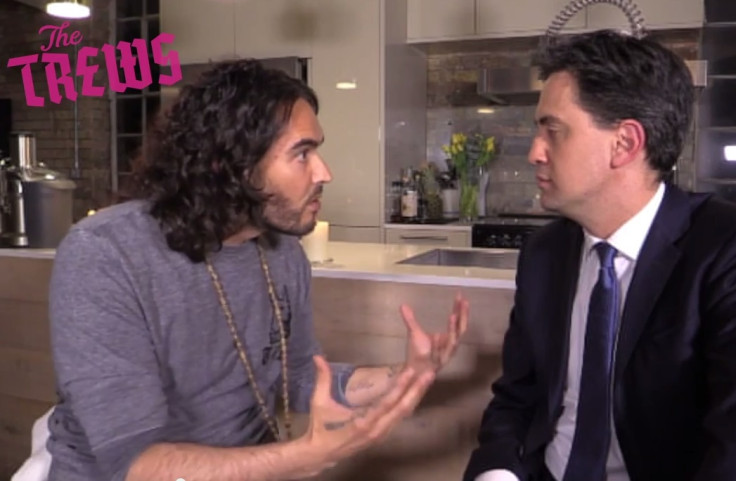Deborah Doane: David Cameron may celebrate but cooperation in politics should be the new black
If the political parties were children in a playground and we were their teachers, what would we do? Ask them to fight it out? Bribe, horse trade and manoeuver them until one of the bullies got to take over the whole playground? Probably not. But that's exactly what's happening in Westminster. If old politics is about competition, new politics has to be about cooperation.
Outside the political sphere, innovators have made leaps and bounds into the cooperative space and are thriving as a result. From Airbnb to music-sharing sites such as Spotify, crowdfunding platforms to new community based energy companies, or alternative currencies like bitcoin, all are giving the old guard a run for their money.

Success in the new economy is all about cooperation and innovation, not the survival of the fittest and who stands their ground more. New economic models are rapidly challenging our old assumptions about private ownership; about employment; about marketability. Cooperation is everywhere these days where it matters – except politics, it seems.
Once in nursery when I asked some other girls if I could play house with them, I was told: "Only if you're the maid." (I wasn't very popular.) This is more or less what emerged with the Con-Dem coalition in 2010. And while Cameron commands the narrowest of majorities, he hardly has unqualified support from the playground.
To get through his agenda, may need a few maids in the wing to help him clean up. Whereas I walked away because it felt rather unequal, Nick Clegg accepted the bait from a group of bullies just so he would have some friends to play with, even if they forced him to do the washing up.
Politics is the last domain where tribalism and factionalism continue to rule. The floor of the House of Commons has to be one of the most dysfunctional of playgrounds, with jeers and jibes thrown across the floor from one side to the other, as toys get thrown out of prams on a daily basis.
Ed Miliband is rooted in the past
Miliband's pre-election refusal to cooperate with the SNP shows that whatever palatability Russell Brand tried to draw from him, he continues to be rooted somewhere in the politics of the last century: an uncooperative, stubborn child in the playground who won't share his sweets unless he gets what he wants.
All competition of this sort has brought us is a polarised, deeply divided society, wholly unable to solve minor disputes, let alone major ones. With a government now ruling with support of just over one-third the population, we fight over everything from schools to cycle lanes, ignoring real solutions to the bigger challenges such as climate change, economic inequality or global insecurity, preferring to hide under the duvet and hope it all goes away.
But these issues will require us to get beyond our tribalism, look at our shared values and consider a way forward beyond the old playground domains.

Cooperation needs to be more like a street party than a shallow game of house where one child plays the maid, while the others lord over her.
At a street party, we try each others' food, listen to each others' music. We may not always like what we eat or hear but we find ways to collaborate. And those who cooperate the most tend to create not only the best parties, but thriving, healthy communities that serve the needs of its residents.
Like it or not, the different political parties are going to have to learn to share more, because this is how it goes for the foreseeable future. This is not akin to sharing sexual partners and hippie-dom in the 1970s. This is about finding real, innovative and cooperative ways forward.
Systems thinking has a lot to teach politics: you can't change a system when only one part of the system is in the room. And like it or not, both left and right, green, red, yellow, blue: they're all part of the system.
We need to get beyond capitalism. Beyond socialism. Beyond states. Beyond markets. In the political playground, and indeed the real world, we all need to cooperate more to survive. It is, after all, the new black.
Deborah Doane is a writer and consultant on new economics and sustainability. She was previously director of the World Development Movement.
© Copyright IBTimes 2025. All rights reserved.






















